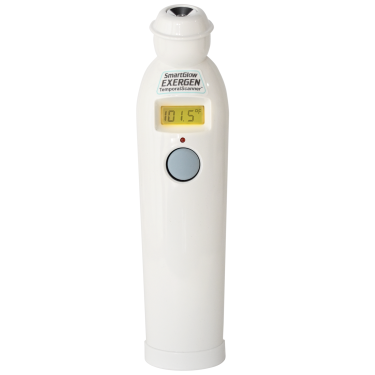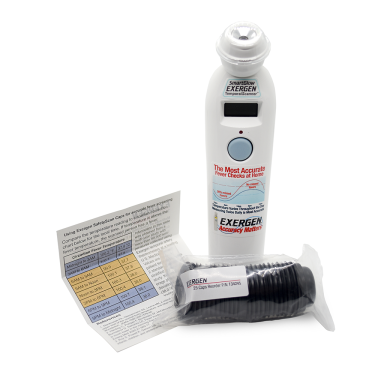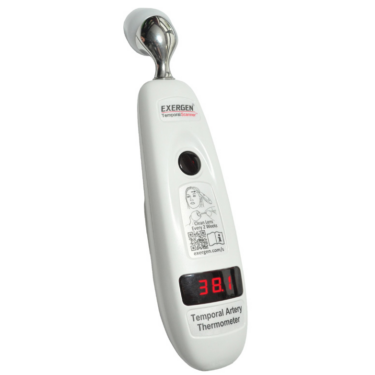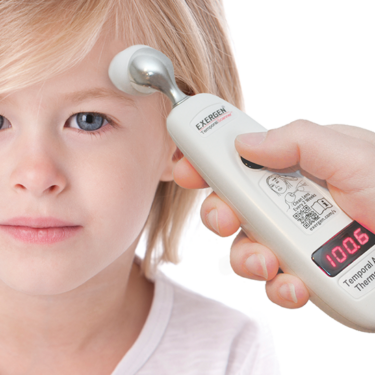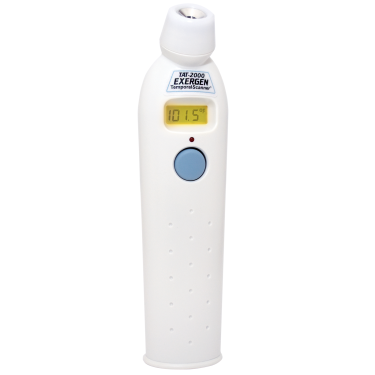Hand, foot and mouth disease (HFMD) is a viral infection that affects young children. Recently, Delhi NCR experienced a spike in cases and spread rapidly through classrooms and day-care centers. It is contagious but usually mild, causing fever, rashes, and mouth ulcers.
According to the U.S. Centers for Disease Control and Prevention (CDC) HFMD is caused by Coxsackievirus-A16 and Enterovirus-71. It spreads through contact with saliva, nasal secretions, fluid from blisters, stool, or contaminated surfaces. It can spread quickly in nurseries and schools places where children share toys and touch common surfaces.
Symptoms appear within three to five days of exposure. They include mild fever, sore throat, painful mouth sores, skin rashes or blisters on hands and feet, reduced appetite, irritability, and sometimes headache or body aches. The symptoms can be unsettling however most children recover within a week to ten days.
Fever is one of the symptoms which makes it important to take regular temperature checks with thermometers. For example, families should consider using Exergen’s TempoTherm or TAT-2000C Temporal Artery Thermometer because it is accurate, fast, reliable, easy to use, non-invasive, and requires just a gentle swipe across the forehead by softly touching it.
There is no medication or vaccine specifically created for HFMD. Treatment focuses on easing symptoms fever and pain relief, plenty of fluids to prevent dehydration, and soothing mouth care such as warm salt-water gargles. Avoiding spicy or acidic foods can help reduce discomfort.
Prevention is all about hygiene. Regular handwashing with soap and water is vital, especially after diaper changes or using the toilet. Disinfecting toys, surfaces, and personal items reduces its spread. Sick children remain home until fever subsides and blisters heal to protect others. Teaching children respiratory hygiene, like covering coughs and sneezes helps.
Parents need to be vigilant and consult healthcare providers if symptoms arise. While HFMD is usually mild, good hygiene and early recognition remain key to controlling its spread during this seasonal surge in Delhi NCR.
By adopting simple precautions, families can protect their children and do their part to curb outbreaks.
Sources,
- Business Standard, https://www.business-standard.com/health/hfmd-cases-surge-delhi-ncr-symptoms-treatment-precautions-125092200393_1.html
Exergen, ECO/PN 850553
